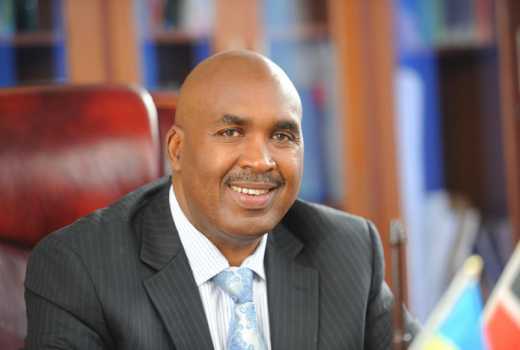
Private universities have in the past been spoilt for choice in terms of the number of students leaving secondary school and enrolling in their institutions. They have had a large pool of potential students that qualified to join university but could not find room in public universities. This pool has however dried up over the last two years, with students that scored the minimum grade of a C+ and above finding room in public universities and also Government sponsorship. Financial Standard talked to Simon Gicharu, the founder Mt Kenya University about how private universities are coping with the reforms that threaten a major revenue stream for the institutions.
How have the reforms affected private universities?